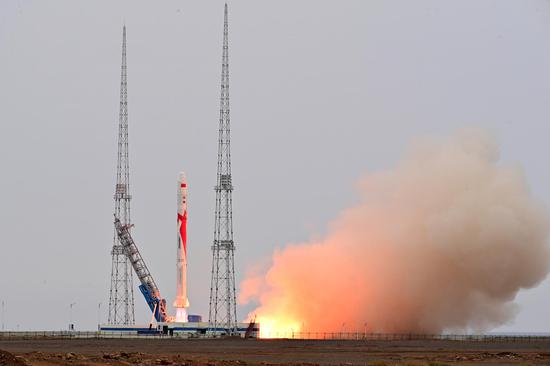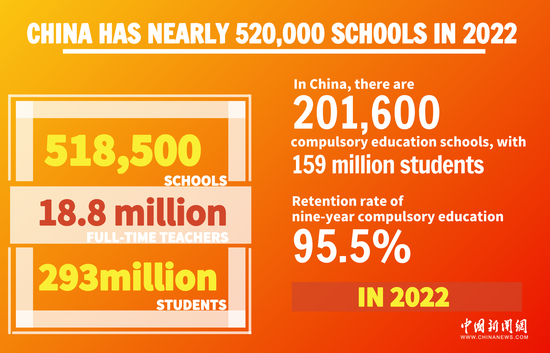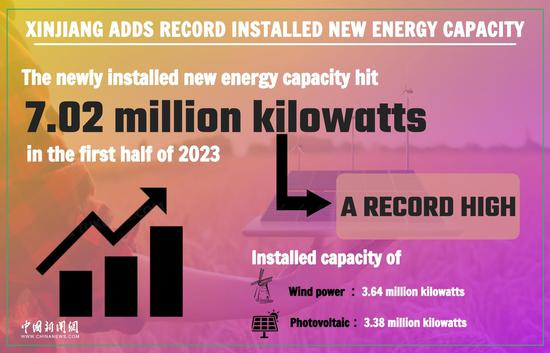Hon Hai Technology Group, the parent company of Foxconn in China's Taiwan, said in a statement on Monday that it was not proceeding with one of its largest overseas investment projects — a $19.5 billion semiconductor plant with India's Vedanta.
The plant would have provided nearly 100,000 jobs, marking, in the words of India's Prime Minister Narendra Modi, an important step for India to promote chip manufacturing.
Foxconn did not state the reason for its withdrawal, but Reuters quoted people familiar with the matter as saying Foxconn was concerned about the Indian government's delayed approval of incentives. Foxconn's withdrawal may also be related to India's lack of experience in the sector.
Two other foreign companies that have invested in semiconductor factories in India have also "encountered" difficulties. Foxconn's withdrawal not only represents the grounding of India's largest investment project in the sector, but is also a blow to the United States' attempt to build a "clique" to contain China's semiconductor sector.
While increasing restrictions on Chinese chip enterprises, the U.S. has placed high hopes on India's "encroachment" into China's market share. During U.S. Commerce Secretary Gina Raimondo's four-day visit to India in March, the two sides signed a memorandum of understanding on cooperation aimed at building a semiconductor supply chain and innovation partnership. India's ambition to expand its tech sector is believed to fit with the U.S.' desire and goal to make its supply chain more resilient. During Modi's visit to the U.S. in June, Washington publicly said it supports India's rise as a great power and that India, as the world's largest democracy, will be a key strategic partner of the U.S. in the coming decades. The two countries also said they will enhance the Strategic Technology Partnership to strengthen cooperation in space, clean energy, semiconductors, and artificial intelligence.
While several U.S. enterprises have announced plans to invest in India's semiconductor sector, most are wary because of India's weak semiconductor manufacturing facilities and its long-held unfriendly attitude toward foreign enterprises. Even U.S. companies are not immune to various "investment traps" in India, subject to random fines and investigations by the local authorities.
India had hoped that its domestic semiconductor market could reach $63 billion by 2026, but with three projects, including Foxconn's, not making progress, time is running out to reach that goal.


















































 京公网安备 11010202009201号
京公网安备 11010202009201号